ASMG Laboratory — Microbial Genomics
Research at the ASMG laboratory focuses primarily on the gut microbial composition of ruminants utilizing advanced molecular methodologies.
About ASMG
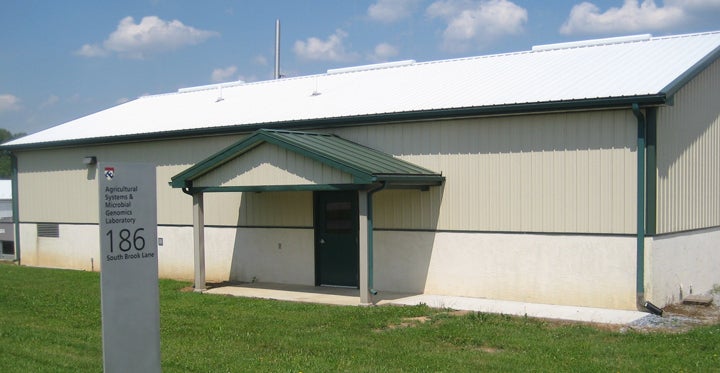
The alimentary tract of a ruminant is colonized by millions of microbes living in a symbiotic relationship with the host. Therefore, knowledge of the microbial composition of the entire gut can provide insights into improving the overall health and productivity of the animal.
The advent of next generation sequencers has greatly enhanced our ability to explore community microbial populations. The ASMG lab has the capabilities to isolate bacteria and methanogens from the gastrointestinal contents of different ruminant species as well as apply multi-omic approaches to better characterize and understand the functional potential of rumen microbiota. The primary areas of focus include deciphering dietary-microbe, microbe-microbe, and host-microbe interactions that play essential roles in maintaining health and production while also minimizing negative impacts on the environment. Research efforts at ASMG are to understand the role of microbiota in ruminal methanogenesis and determine the impacts of different inhibitors on enteric methane inhibition, application of precision technologies to advance animal productivity and early life microbial interventions to improve health and welfare, and productivity of dairy cattle. Please review research projects for further details.
In addition, The ASMG group collaborates with other researchers and clinicians both within the University of Pennsylvania as well as at other institutions. Research findings are disseminated via publications and are presented at conferences. The ASMG group strives to educate and train next generation students in application of microbial genomics to help address global issues such as Food Insecurity, Climate Change, Sustainable Agricultural Systems, and Mitigation of Antimicrobial Resistance. Opportunities for students from diverse backgrounds, ranging from high school through postdoctoral are available at ASMG laboratory to further their careers in microbial genomics and its applications
Colloquium Report
The Role of Microbes in Mediating Methane Emissions
Increased greenhouse gases leading to climate change are recognized as the main driver of record-breaking global heatwaves, which threaten human health and well-being. Microorganisms are important producers and consumers of major greenhouse gases, including methane (CH4). CH4 is ~80 times as potent as CO2 on a mass basis at trapping heat in the atmosphere over a 20-year period, significantly contributing to a warming planet.
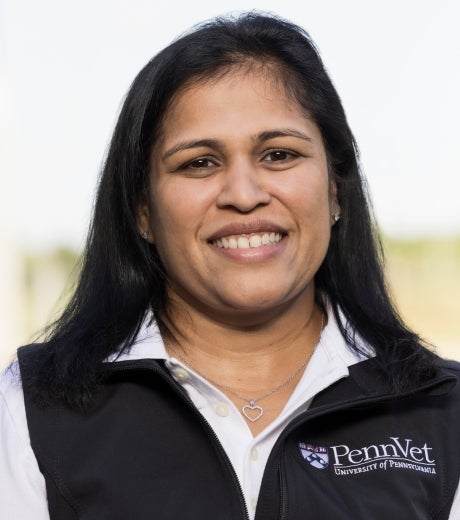
Director, ASMG Laboratory — Microbial Genomics
Dipti Pitta, PhD
Mark Whittier and Lila Griswold Allam Associate Professor of Ruminant Nutrition
Find Us
University of Pennsylvania
School of Veterinary Medicine
New Bolton Center
382 West Street Road
Kennett Square, PA 19348
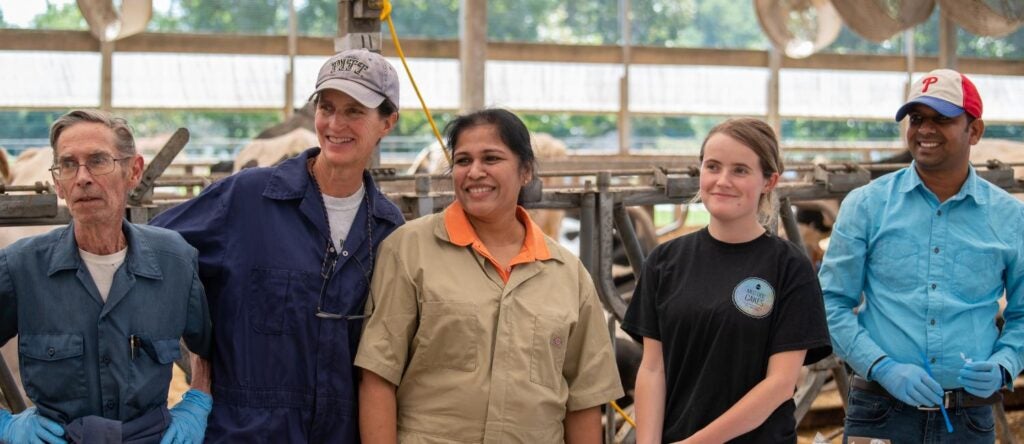
Understanding how a red seaweed reduces methane emissions from cows (link is external)
Methane emissions from livestock are a leading contributor to climate warming. In a collaborative study testing the diets of cows, Dipti Pitta (pictured) and Nagaraju Indugu of the School of…
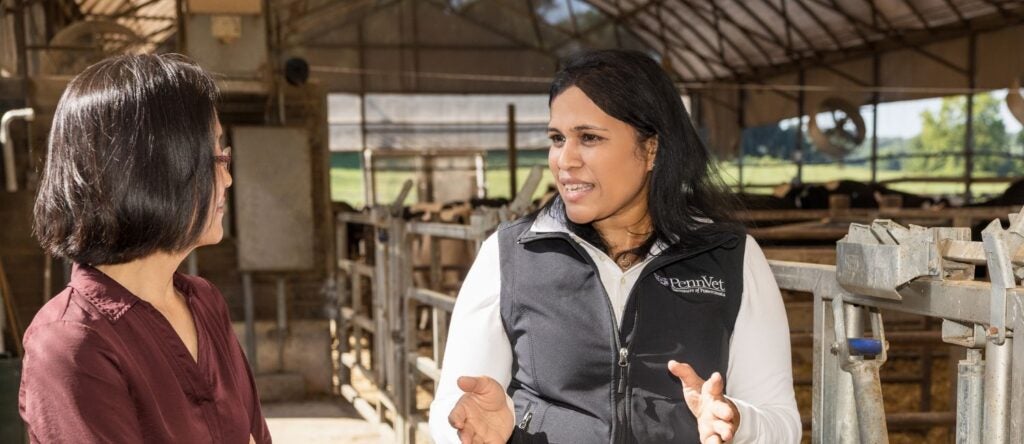
Penn Vet Scientist Receives More Than Half a Million Dollars For Research and Development of Mitigation Technology to Halt Methane Emissions from Dairy Cattle
Funding from Gerstner Philanthropies will study effects of probiotic supplement to prevent methane production in commercial herds.
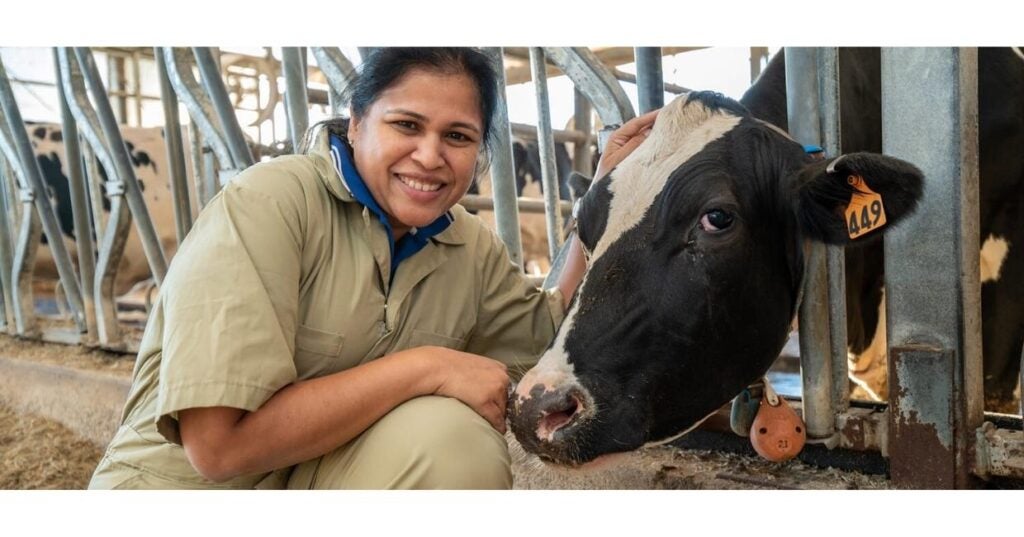
Could we breed cows that emit less methane? (link is external)
In a new study, researchers from the School of Veterinary Medicine identified attributes of low-methane-emitting dairy cows that could be used as targets for selective breeding.
